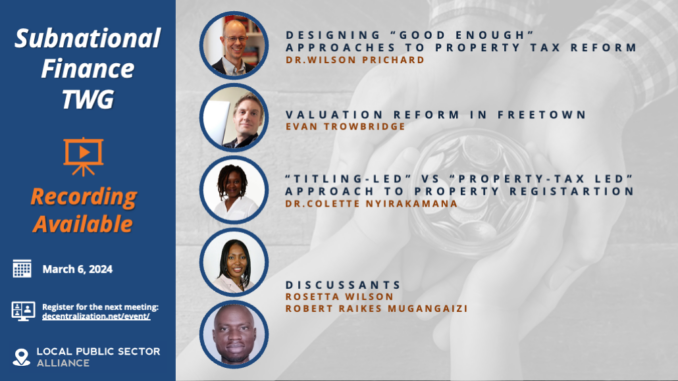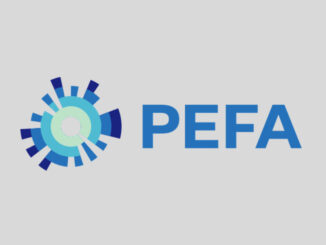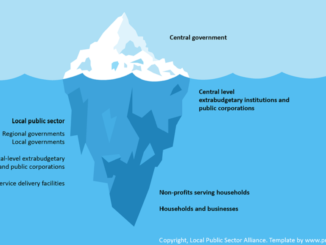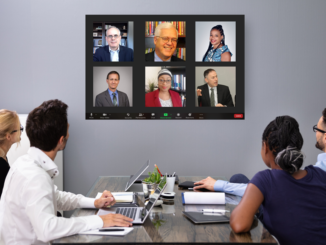
LPSA’s Thematic Working Group on Subnational Finance meeting took place on March 6, 2024, (9:00 EST/ 14:00 GMT/ 15:00 CET). The meeting was opened and moderated by Dr Titilola Akindeinde, Executive Director, Local Government Revenue Initiative (LoGRI) & Co-Chair of the working group.
Dr Wilson Prichard presented the simplified strategies for reforming African Property Tax Systems. He emphasized that inappropriate systems in lower-income countries pose significant challenges in administration such as incomplete property registration, limited valuation expertise, and complex cross-institutional cooperation. Successful reform requires overcoming vested interests and inertia, such as resistance from taxpayers, administrators, central governments, and legislation. Fragmented responsibility creates silos and vested interests, making it difficult to navigate and implement reforms. Addressing these issues is crucial for ensuring efficient property tax systems.. He pointed out that lower-income countries should develop “Good Enough” approaches with the aim to reduce data and capacity requirements, reduce inter-governmental collaboration challenges, increase transparency, strengthen revenue-service delivery links, and build political acceptability.
Evan Trowbridge explored the core challenges and strategies in implementing a transparent and progressive property valuation methodology in Sierra Leone. The valuation methodology adopted in the context of property tax reforms in Freetown, Sierra Leone aims to distribute tax burden fairly, by using the surface area as a basis for valuation, while making qualitative adjustments, and using IT solutions. During his presentation, Evan outlined the six steps in the valuation process: survey design, identification and measurements, sample selection, property characteristics survey, market value survey, and statistical modelling. He highlighted that the Freetown reform focused on a fully automated system, increased the City’s property tax register by over 100%, and improved assessment particularly of previously undervalued properties, resulting in increased revenue potential and improved compliance.
Dr. Colette Nyirakamana gave an overview of the recent reforms implemented by the General Directorate of Tax and Estates (DGID) in Senegal to identify and register property owners for taxation purposes. What sets out these reforms is that they are politically supported by the central government to unlock revenue potential from land and properties for municipalities. The presentation outlined the “Cadaster -First approach” used to register properties and its challenges in reaching the overall reform objectives, particularly when this is simultaneously with the establishment of a national cadaster. During her segment, Colette concluded that even with strong political backing, a reform may progress slowly in achieving its objectives if it lacks effective technical design. One way to mitigate this challenge would be to rely in a property-tax first approach by prioritizing property registration as a primary strategy while viewing this as a fundamental step in the broader effort to keep developing a national cadaster.
During the open discussion, Rosetta Wilson emphasized that the mobilization property tax is a vital part and significant competence of local government revenue, contributing to financial autonomy. In commenting on Evan’s presentation, Rosetta highlighted that the point-based method, which combines property size, location, and easily observable characteristics, has its disadvantages. Challenges include funding timeline constraints, administrative concerns, and potential compromises. A more traditional approach is suggested, considering the complexities and resistance associated with these approaches. Commenting on Colette’s presentation, Rosetta also raises questions regarding the opportunities for changing the property registration approach and its legal, institutional and political implications.
Robert Mugangaizi discusses three key points related to the three main presentations: resistance to registering properties while viewing this as a means to build, in the long run, a national cadaster,, which is a strong mindset among public officials; the apathy among taxpayers in supporting reform, drawing a parallel between Freetown, Sierra Leone, Senegal and Kampala, Uganda; and the fact that technology advancements have been embraced by many local governments worldwide, especially in low-developed countries. Robert also underlined that despite these technological advancements simplifying property identification, assessment, valuation, and delay, there are still unresolved challenges. In conclusion, Mugangaizi emphasizes the need for forward-looking solutions to address challenges in property tax reform programs, aiming to improve efficiency and understanding of underlying causes of citizens’ apathy.
All the discussions were followed by Q&A sessions. Dr Titilola Akindeinde concluded the meeting with scheduling the next quarterly meeting.
A video of the meeting will be available on YouTube at a later date.
The next Subnational Finance Working Group open meeting scheduled on June 5th, 2024. Reminder: You can join any LPSA Expert Working Group free of cost and receive reminders and updates by opting-in to one or more working groups as part of your LPSA Membership registration.
| No. | Agenda Item | Contributor | Slides |
| 1. | Welcome & Introduction | Dr Titilola Akindeinde Executive Director, Local Government Revenue Initiative (LoGRI) & Co-Chair LPSA Thematic Working Group on Subnational Finance | N/A |
| 2. | Designing “Good Enough” approaches to property tax reform | Dr Wilson Prichard Chair, Local Government Revenue Initiative (LoGRI) & Associate Professor Munk School of Global Affairs and Public Policy, University of Toronto | View |
| 3. | Presentation 1: Valuation Reform in Freetown | Evan Trowbridge Technical Lead, Local Government Revenue Initiative (LoGRI) | View |
| 4. | Presentation 2: ‘Titling-Led’ vs ‘Property-tax led’ approach to property registration | Dr Colette Nyirakamana Research Lead, Local Government Revenue Initiative (LoGRI) & Senior Research Associate, University of Toronto | N/A |
| 5. | Discussion | Rosetta Wilson Program Lead, FCDO-funded Reform of the Property Tax System in Freetown and Kenema, Sierra Leone & Former Revenue Lead, Mayor’s Delivery Unit, Freetown City Council Robert Raikes Mugangaizi Revenue Enhancement Program Coordinator, Kampala Capital City Authority (KCCA) | N/A |
| 6. | Q&A | Dr Titilola Akindeinde | N/A |
| 7. | Closing Remarks | Dr Titilola Akindeinde | N/A |





